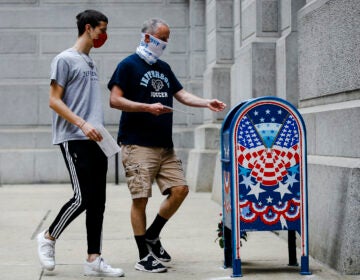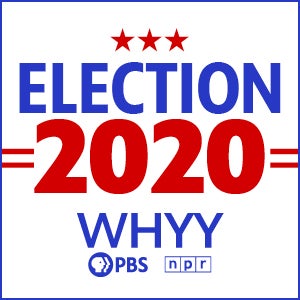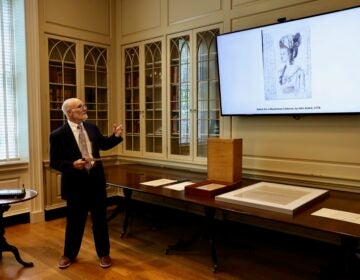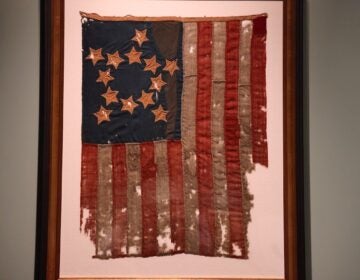‘When Women Lost the Vote’: Philly museum tells the forgotten stories of Revolutionary N.J.
The Museum of the American Revolution’s new exhibit, “When Women Lost the Vote,” explores when women and free people of color were legally entitled to vote in New Jersey.
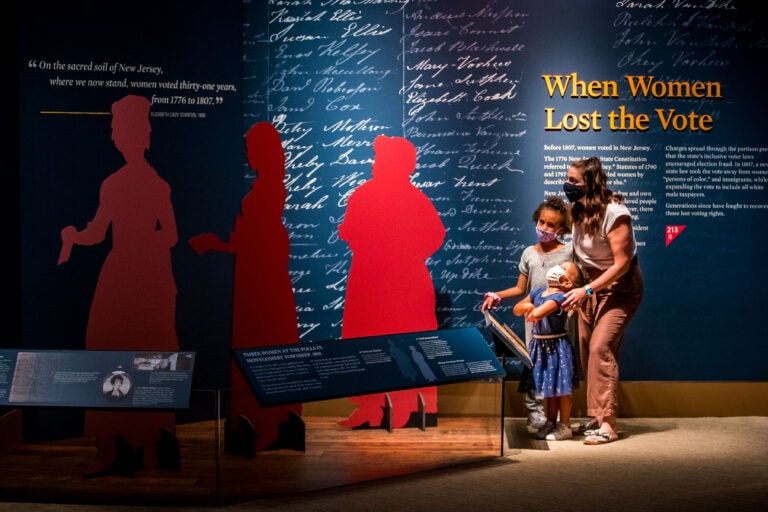
"When Women Lost the Vote" will run through April 25, 2021. (MoAR)
A Philadelphia museum is looking back on a lesser-known moment in suffrage history as a prelude to the present.
The Museum of the American Revolution’s new exhibition, “When Women Lost the Vote: A Revolutionary Story, 1776 – 1807,” delves into the period when women and free people of color were legally entitled to vote in Revolutionary New Jersey. It also explores the political realities that led to those rights being stripped away in 1807.
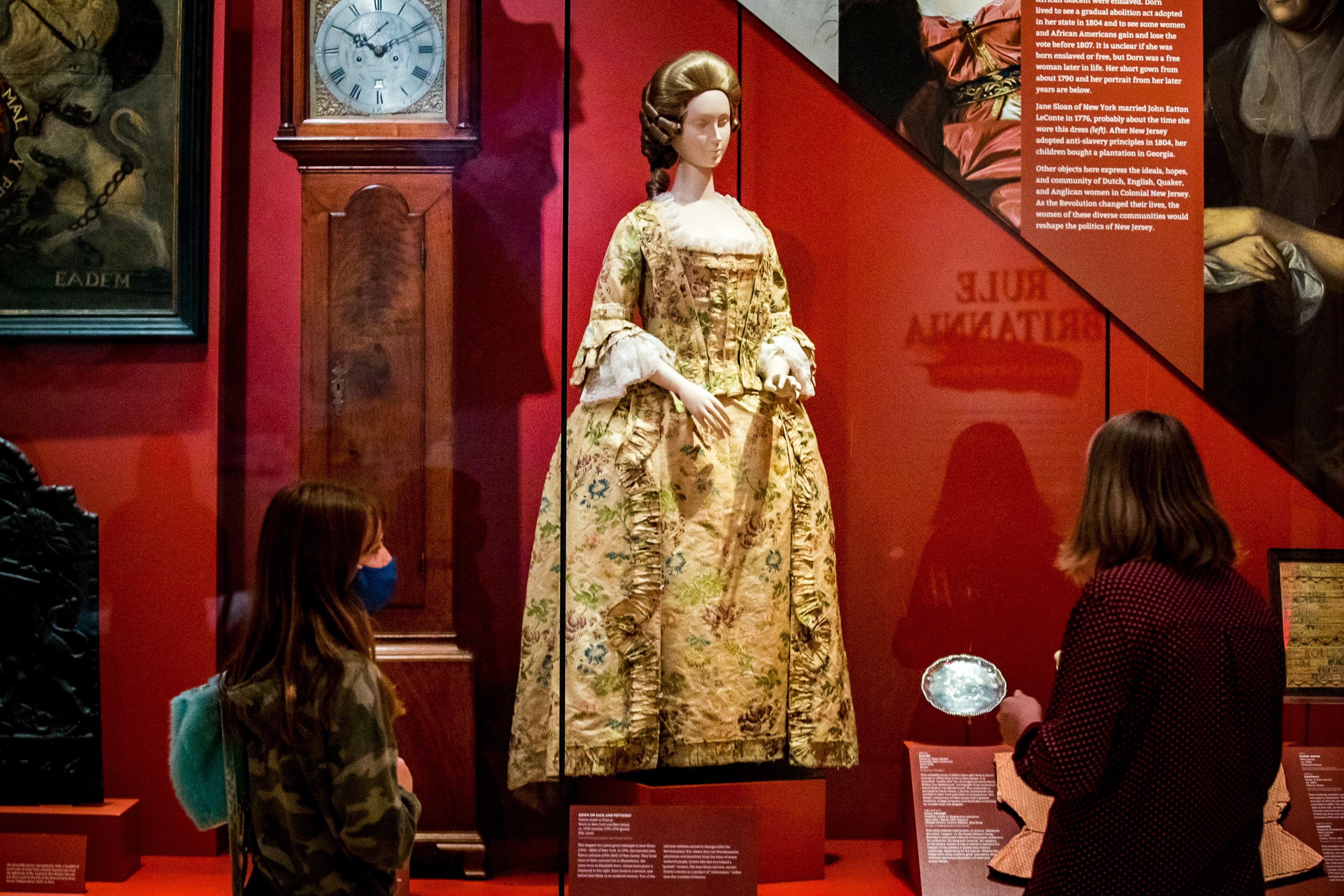
The exhibit, which runs through April 25, 2021, is integrated into the museum’s core galleries and is connected by an audio tour.
The exhibit touts more than 65 original objects — textiles, manuscripts and works of art — that help tell what the museum describes as the forgotten stories of the women who first pioneered the right to vote.
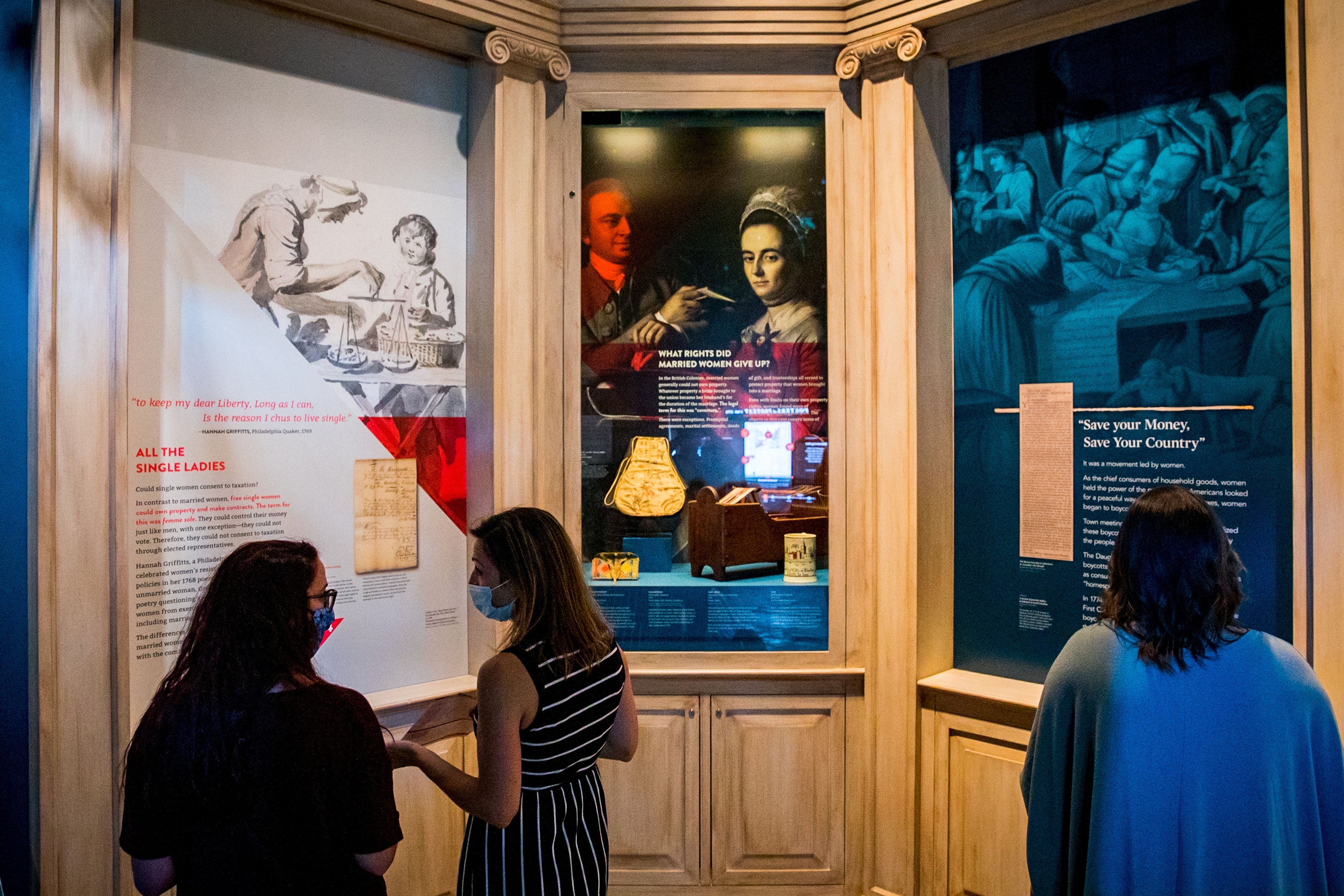
Also included are several recently discovered poll lists uncovered by the museum’s curatorial team. An extensive look at voter records revealed poll lists that feature the names of 163 female voters and four Black male voters.
“Prior to this discovery, little proof of women or people of color voting during this period was known to exist,” Alex McKechnie, the museum’s communications director, said in a press release.
“…I desire you would Remember the Ladies, and be more generous and favourable to them than your ancestors.”
See Abigail Adams’ letter to her husband, John Adams, on loan from @MHS1791, when our exhibit When Women Lost the Vote opens this Friday, Oct. 2: https://t.co/xMJ9Ml4DPM pic.twitter.com/eNFsTgB7DR
— Museum of the American Revolution (@AmRevMuseum) September 28, 2020
The exhibit’s public debut Friday comes on the heels of the 100th anniversary of the ratification of the 19th Amendment.
The amendment promised women that their right to vote would “not be denied” on account of sex — though in practice, many women of color were excluded. Along with Black women, others who continued to be excluded from the vote included Asian American immigrants and Native Americans. This dissonance may resonate with museum visitors today, as voter suppression continues to disproportionately affect marginalized communities.
That’s not a coincidence to museum officials, who say the challenges of democracy in the nation’s earliest stages mirror those faced in the present — including unsubstantiated allegations of voter fraud and the longstanding effects of racism and misogyny.
During its opening weekend, the exhibition will feature short pop-up theatrical performances that dramatize the experiences of two Revolutionary-era women: Elizabeth “Mumbet” Freeman, an enslaved woman in Massachusetts who sued for her own freedom and won, and Rebecca VanDike, who may have cast her vote in New Jersey in 1801.
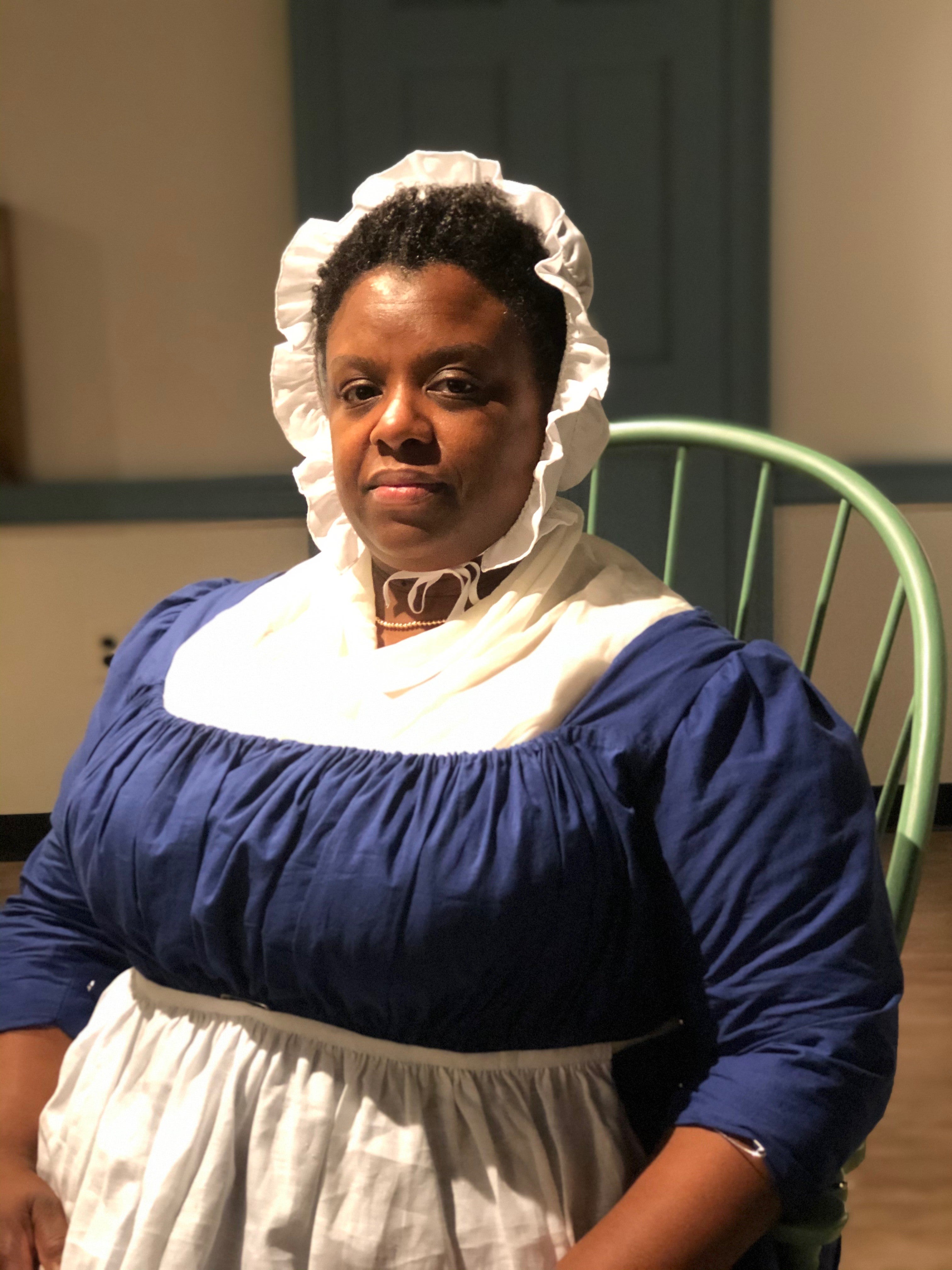
In keeping with pandemic times, “When Women Lost the Vote” will be available for free virtually starting in late October. “Video visits” to gravesites and historical landmarks of women and people of color who voted in Revolutionary-era New Jersey offer a preview of the online experience.
This weekend, Pennsylvania and New Jersey residents will also be able to register to vote at the museum’s outdoor plaza. The voter registration effort will take place from 10 a.m. through 4 p.m. on Saturday, Oct. 3 and Sunday, Oct. 4.
Advanced ticket reservations are “strongly encouraged” due to the museum’s reduced capacity to adhere to social distancing guidelines, per the museum.
Tickets can be purchased online or by phone at 215-253-6731.
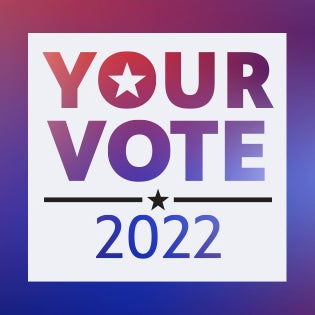
Your go-to election coverage
WHYY is your source for fact-based, in-depth journalism and information. As a nonprofit organization, we rely on financial support from readers like you. Please give today.



